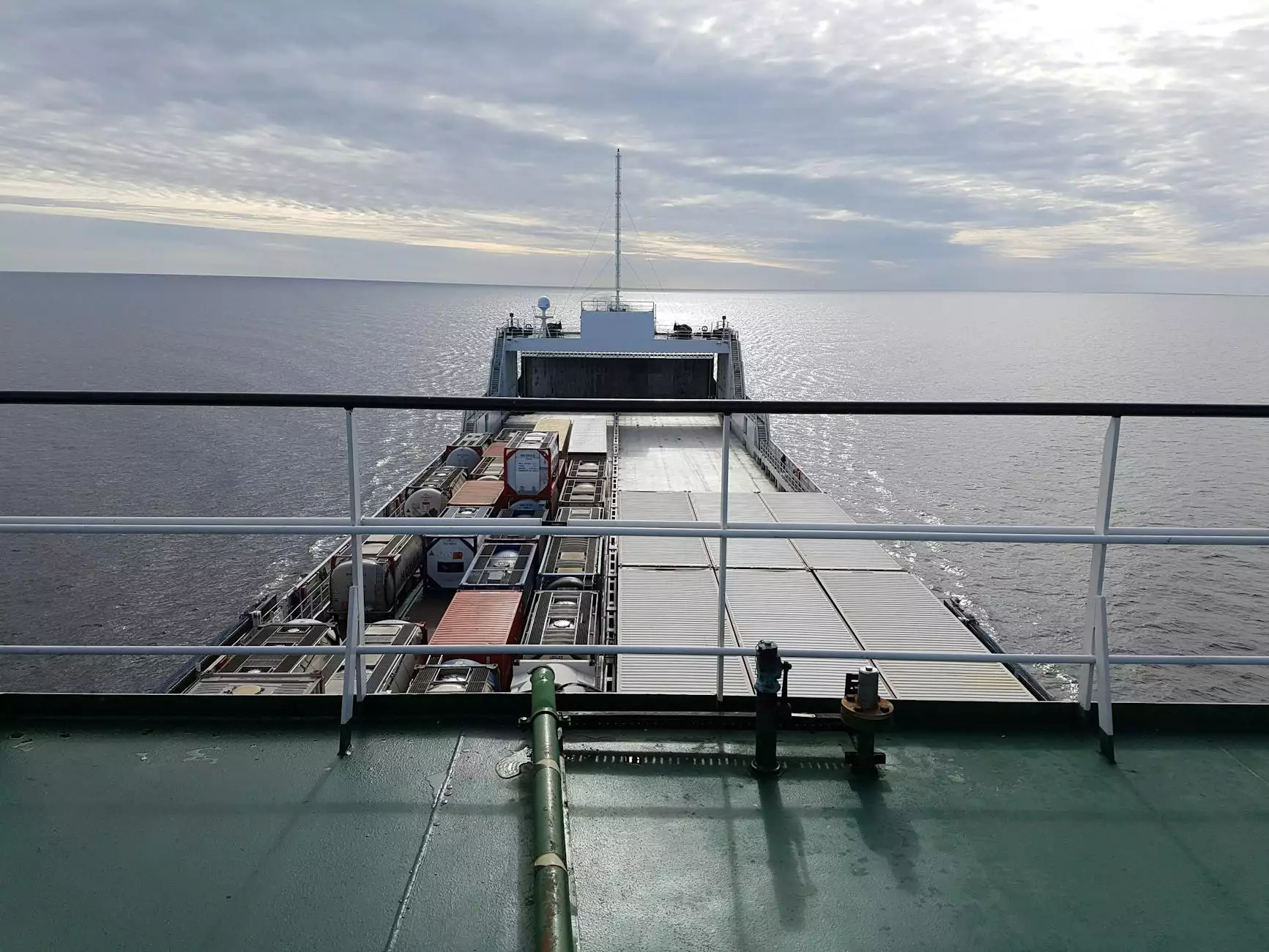Comprehensive Guide to CT Scan for Lung Cancer: The Cornerstone of Accurate Diagnosis and Effective Treatment Planning

Lung cancer remains one of the leading causes of cancer-related mortality worldwide, emphasizing the necessity for early detection and precise diagnosis. Among the most advanced and effective diagnostic tools is the CT scan for lung cancer. This imaging technique has revolutionized how healthcare professionals identify, evaluate, and manage lung cancers, ultimately saving lives through earlier intervention strategies.
The Importance of Early Detection in Lung Cancer
Early detection of lung cancer greatly increases the chances of successful treatment and survival. Unfortunately, symptoms frequently appear only in advanced stages, making routine screening and accurate diagnostics imperative. The CT scan for lung cancer plays a pivotal role in revealing tumors in their nascent stages, even before symptoms manifest.
What Is a CT Scan for Lung Cancer?
A CT scan for lung cancer, also known as a computed tomography scan, is a detailed imaging procedure that uses a series of X-ray measurements taken from different angles to generate cross-sectional images of the chest area. These images provide high-resolution views of the lungs, allowing physicians to identify abnormal growths with precision.
How Does the CT Scan for Lung Cancer Work?
During the procedure, the patient lies on a motorized table that slides into a doughnut-shaped scanner. The scanner employs controlled X-ray beams to capture detailed images of the lung tissue. These images are then processed by computer software to create highly detailed cross-sectional views and 3D reconstructions of the lungs, highlighting any suspicious nodules or masses.
Why CT Scan for Lung Cancer Is Critical in Diagnosis
- Detection of Small Lesions:CT scans can identify tiny nodules not visible on traditional X-rays, facilitating early-stage detection.
- Assessment of Tumor Characteristics: Provides detailed information about tumor size, shape, location, and relation to adjacent structures.
- Guiding Biopsy Procedures: Assists physicians in planning minimally invasive biopsies, enhancing diagnostic accuracy.
- Staging of Lung Cancer: Helps determine the extent of disease spread, crucial for treatment planning.
- Monitoring Response to Treatment: Offers a reliable way to evaluate the efficacy of ongoing therapies.
Advancements and Innovations in CT Scan Technology
Today’s CT technology incorporates innovations such as low-dose imaging, which reduces radiation exposure without compromising image quality. Additionally, multi-detector CTs (MDCTs) provide faster scans with higher resolution, enabling more accurate detection and characterization of lung nodules. Integration with artificial intelligence algorithms further enhances diagnostic accuracy by assisting in image interpretation and risk stratification.
Benefits of a CT Scan for Lung Cancer at HelloPhysio.sg
At HelloPhysio.sg, we prioritize patient safety, comfort, and the highest standard of diagnostic precision. Our state-of-the-art facilities and experienced radiologists ensure that every CT scan for lung cancer is performed with meticulous care, providing detailed reports that facilitate swift and accurate treatment decisions.
What to Expect During a CT Scan for Lung Cancer
The procedure is quick, typically lasting less than 30 minutes, and involves the following steps:
- Preparation: Patients may need to wear loose clothing and remove jewelry to avoid interference with imaging.
- Contrast Material: Sometimes, a contrast dye is administered intravenously to enhance image clarity, especially to better visualize blood vessels and distinguish tumorous tissue.
- Scanning: The patient lies on the scanning table, which moves into the CT machine. It is essential to remain still during the process to ensure image quality.
- Post-Procedure: Patients can usually resume normal activities immediately. If contrast dye was used, hydration is encouraged to help eliminate the substance from the body.
Understanding the Results of Your CT scan for lung cancer
After the scan, radiologists interpret the images, looking for signs of abnormal growths. The report will specify:
- The size and location of any detected nodules or masses
- The likelihood of malignancy based on image characteristics
- Visual evidence of metastasis or spread to lymph nodes or other organs
The Role of CT Scan for Lung Cancer in Multidisciplinary Care
A CT scan for lung cancer is not just a diagnostic tool but a vital component in a comprehensive, multidisciplinary approach to lung health. It guides oncologists, thoracic surgeons, pulmonologists, and radiologists in formulating personalized treatment strategies, whether that involves surgery, chemotherapy, radiation therapy, or targeted therapies.
Risk Factors Influencing the Need for a CT Scan for Lung Cancer
Certain populations are at higher risk for lung cancer and should consider screening with a CT scan:
- Smokers or former smokers
- Individuals with a family history of lung cancer
- Patients exposed to occupational carcinogens
- People with chronic lung diseases such as COPD
- Those aged 55-74, especially if they have additional risk factors
Preventive Measures and Lifestyle Factors to Reduce Lung Cancer Risk
While CT scans are vital for detection, prevention remains the best approach. Lifestyle modifications can substantially reduce lung cancer risk:
- Ceasing smoking – the most significant preventive step
- Avoiding exposure to occupational hazards like asbestos and radon
- Healthy diet and regular exercise – supporting overall lung health
- Regular health check-ups for early detection
Choosing the Right Facility for Your CT Scan for Lung Cancer
Selecting a reputable healthcare provider such as HelloPhysio.sg ensures access to cutting-edge imaging technology, experienced radiologists, and comprehensive post-diagnostic support. Our facilities adhere to international standards for safety, quality, and patient care.
Conclusion: Emphasizing the Critical Role of CT Scan for Lung Cancer
The CT scan for lung cancer is undoubtedly one of the most effective, reliable, and detailed diagnostic tools available today. It bridges the gap between early detection and personalized treatment, dramatically improving patient prognosis. With continuous advancements in imaging technology, early-stage lung cancer detection is more accessible and accurate than ever before.
For individuals at risk or those seeking comprehensive lung health assessment, consulting with specialists at HelloPhysio.sg ensures access to top-tier diagnostic services and multidisciplinary care tailored to your unique health profile.
Investing in advanced diagnostics like the CT scan for lung cancer not only enhances health outcomes but also provides peace of mind, knowing that your lung health is being monitored with the highest precision.
Contact Us
For more information on our health & medical, sports medicine, or physical therapy services, or to schedule a CT scan for lung cancer, visit hellophysio.sg. Our team is committed to your health, recovery, and overall well-being.









